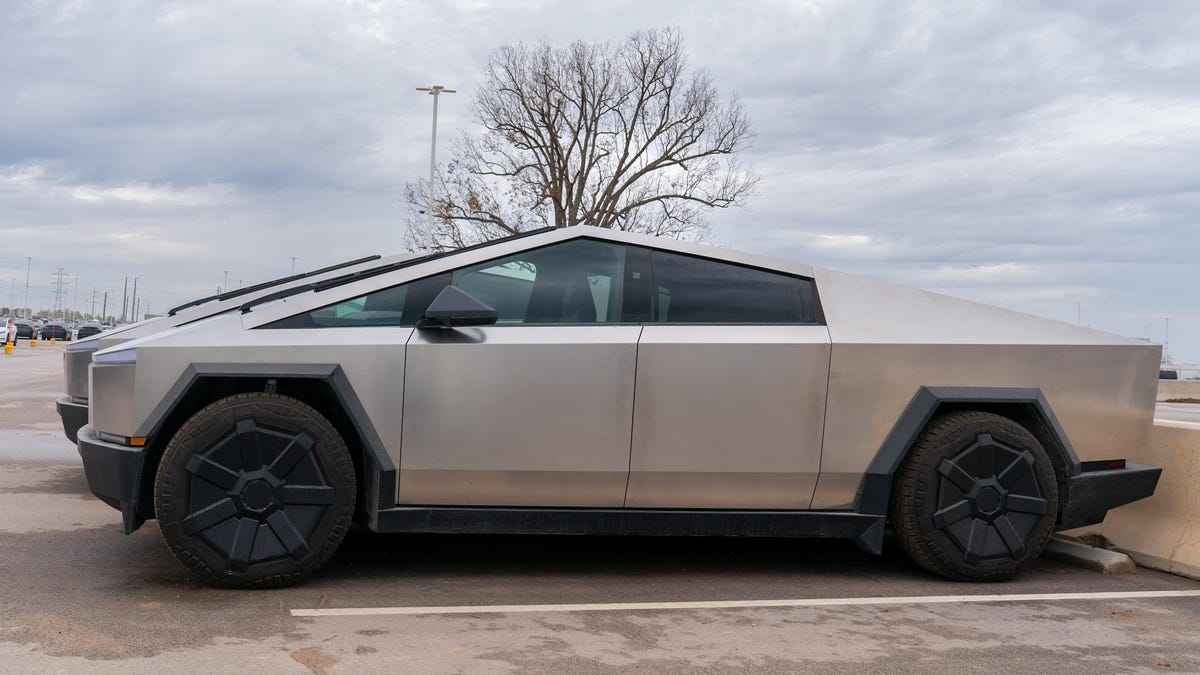Despite the recent release of these Tesla EVs — and the little road time they’ve been subjected to — Cybertrucks are already developing imperfections on their body panels, leading owners to debate what’s causing the early signs of rust on forums. From Futurism:
One Cybertruck Owners Club forum member says they started noticing small orange flecks appearing on his truck after driving it in the rain for just two days.
“Just picked up my Cybertruck today,” they wrote. “The advisor specifically mentioned the cybertrucks develop orange rust marks in the rain and that required the vehicle to be buffed out.”
The Cybertruck owner posted followup photos after washing the vehicle down with soap, and they didn’t inspire much confidence, showing body panels already pockmarked with small orange spots.
Cross post from https://lemmy.world/comment/7544395



Well they’ve made it pretty clear why they’re using this particular steel. The goal is to create a relatively cheap, reusable rocket. The strength of the steel helps make up for the increased density since you can use thinner panels. They also don’t have to paint them. This leads to a small difference in total weight.
The compromise they’re going for is giving up a slight amount of capacity to decrease cost of materials, increase production volume, and hopefully improve the reusability and lower the total maintenance.
They’re not trying to build the highest performance rockets, they want the lowest cost for the level of performance they’re targeting. That’s not to say it will necessarily work out, but they’ve obviously done the math on the compromise and think it’s beneficial in the long run.
Of the many issues Starship has had, it doesn’t seem like the steel skin is one of them. It’s just one of a million design choices you have to make for any rocket.